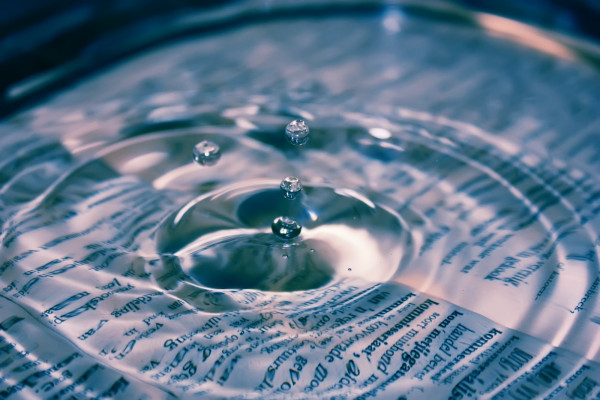Water good question...
Question of the Week
We solve the weirdest, wackiest, funniest and funkiest scientific questions, queries and puzzles...
From 2 to many more, how do ladybirds end up with different numbers of spots on their backs?
Dogs lick their fur too, so why don't they get hairballs?
Why are mountaintops cold if hot air rises?
Could playing bagpipes help to expand the lungs and be beneficial if you are recovering from Covid?
Why are crocodile scales so bumpy and not smooth?
Density, pressure... it's a physics conundrum! The Cambridge Science Centre's Mia Foulkes has the answer...
They say no two snowflakes are the same. Is that true?
Cooking can take the vitamins out of food. But could it take the bad stuff out of unhealthy food?
Trent's dog always relieves itself on the same tyre. He's wondering if it will ever dissolve the rubber...
You come home after being out in the bitter cold, and there's a fly. How'd it get there?
How does data get compressed without any getting lost? A data scientist explains...
Quantum hats on! This week's 'exciting' question is about particle physics...
Even after you wash your hands, they can still burn if you rub your eyes, why is that?
How did humans end up with 46 chromosomes, and mice with 40?
Do sheep grow weary with grass? Do pandas balk after too much bamboo? Katie Haylor investigates...
Why are some batteries rechargeable, while others are not?
If you look at a normal movie with one eye dimmed by sunglasses, why does it look 3D?
Throughout history, how does nutrition affect the rich and the poor?
Could a baby grow in space?
Is there a finite amount of new music?
Listener Eleanora wants to know the reason behind her dad's toilet quirks...
On a planet with more mass, could rockets still reach orbit? A space systems engineer explains...
What's left behind when a body is cremated?
